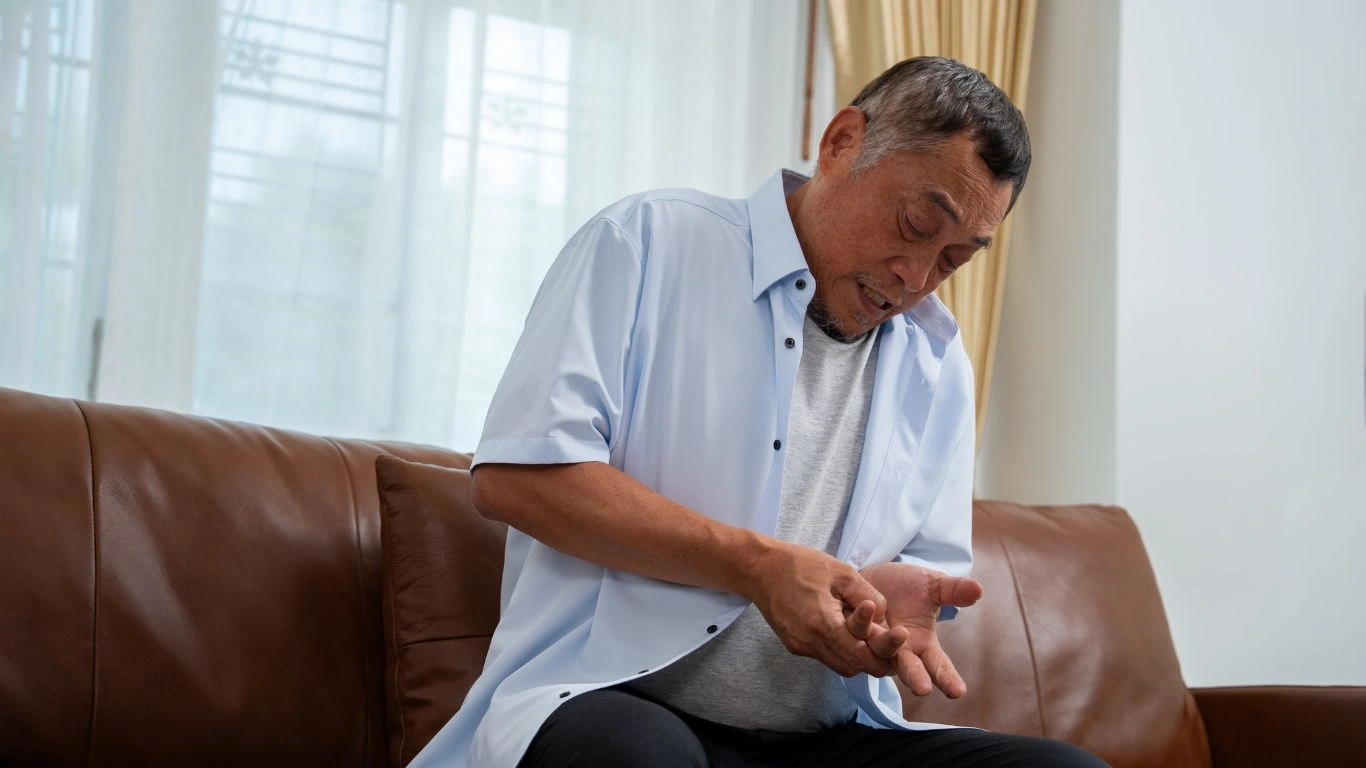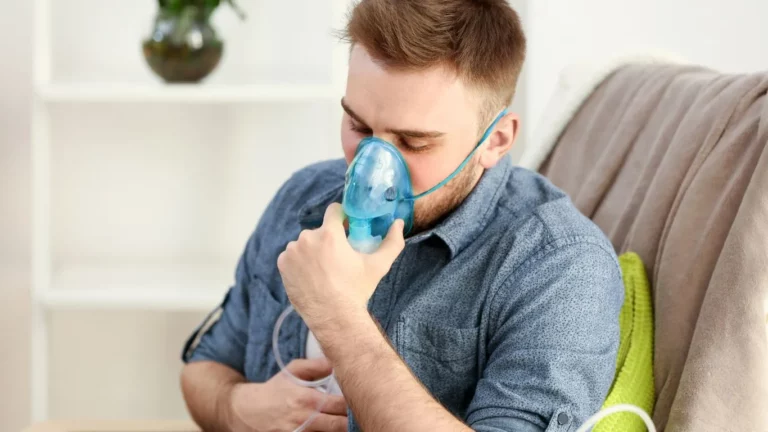Rheumatoid Arthritis and Muscle Weakness Solutions: How to Take Control of Your Health
If you’re dealing with rheumatoid arthritis (RA), you probably know it’s more than just joint pain. Muscle weakness is a sneaky side effect that often gets overlooked, but it can have a huge impact on your daily life. As a Rheumatoid Arthritis expert, I’ve seen this firsthand – many patients end up feeling helpless, like they can’t regain strength or do the things they used to enjoy. The good news is, there are Rheumatoid arthritis and muscle weakness solutions that can really help.
This article is going to be a guide for anyone feeling frustrated with the fatigue and weakness that comes with RA. I’ll break down some practical solutions I’ve worked with over the years, giving you advice on how to tackle both the muscle weakness and joint pain that often go hand in hand.
What Exactly Happens When RA Causes Muscle Weakness?
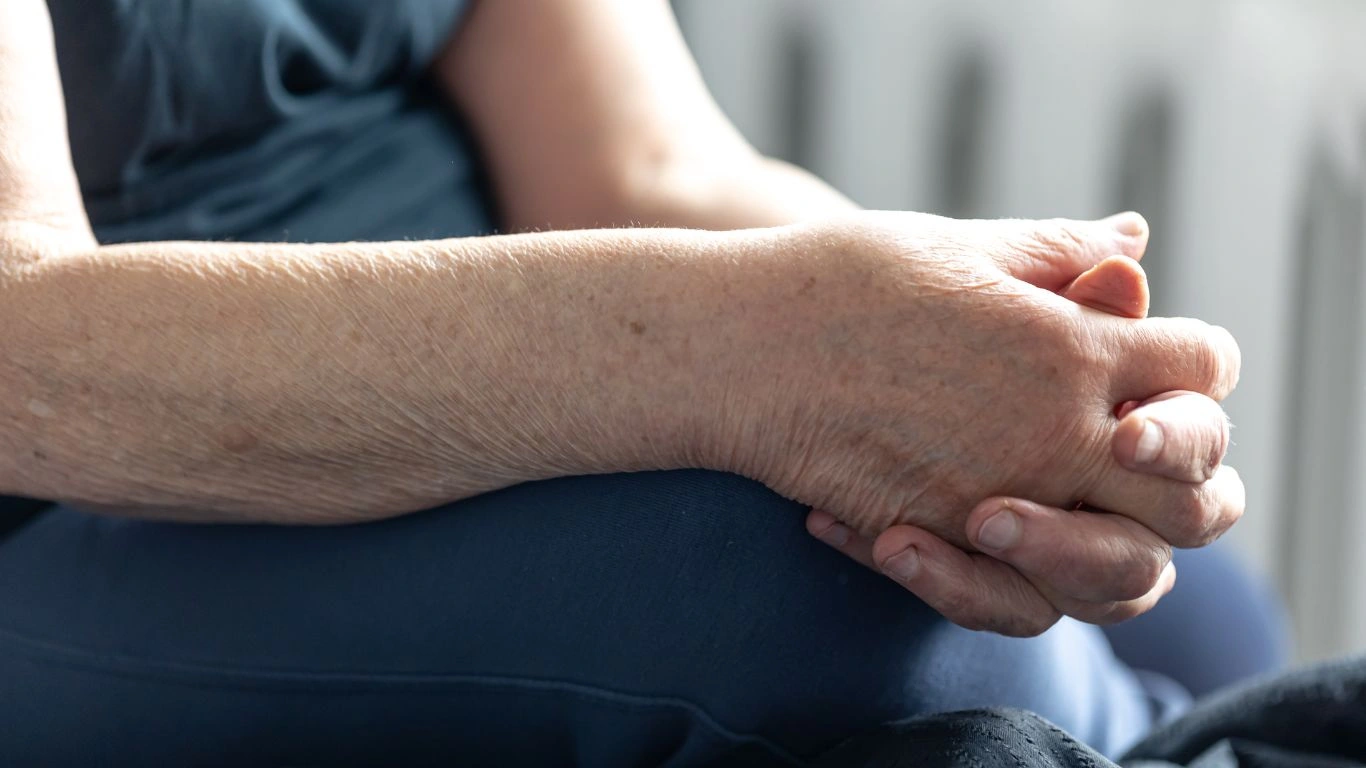
Quick Recap of Rheumatoid Arthritis
For anyone who’s not familiar, RA is an autoimmune disease where your immune system goes a little haywire and starts attacking your joints, leading to inflammation, pain, and eventually, joint damage. But here’s the kicker – it’s not just the joints that suffer. Muscle weakness often creeps in too. Why? Because when you’re in pain, you move less, and when you move less, your muscles start to weaken. It’s a cycle that can be hard to break.
Why Does RA Cause Muscle Weakness?
RA-related muscle weakness isn’t just about “getting old” or “not moving enough” – though that can be part of it. It’s a direct result of several factors, such as:
- Chronic inflammation: Your body’s immune response affects your muscle tissue, causing it to break down over time.
- Medications: Some medications used to treat RA, like corticosteroids, can lead to muscle loss.
- Fatigue: RA often causes deep, bone-tired exhaustion that makes it hard to do anything, even exercise.
The combination of joint pain, inflammation, and fatigue makes it tough to maintain muscle strength. It’s a tough situation that many RA patients find themselves in.
Rheumatoid Arthritis and Muscle Weakness Solutions: How to Tackle It Head-On
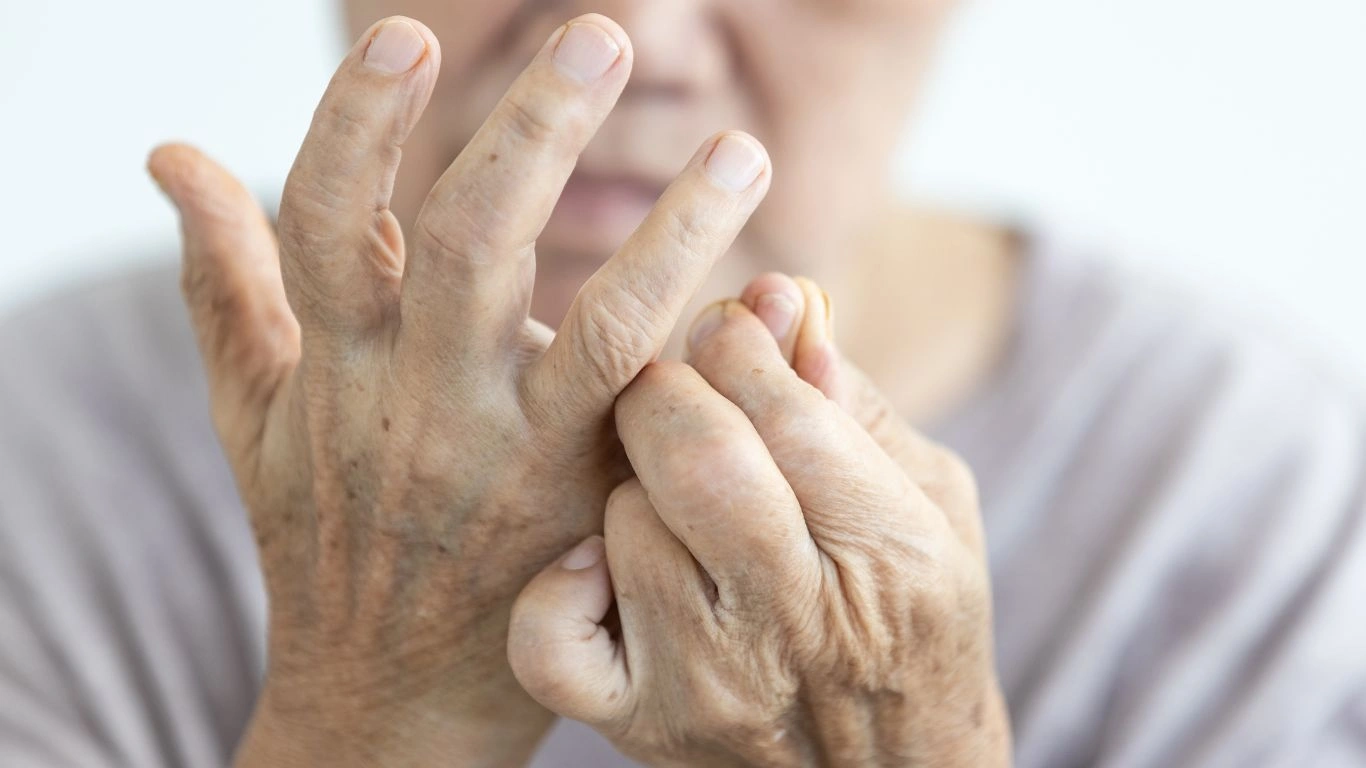
Okay, so we’ve established that muscle weakness is a real problem when it comes to RA. But the good news is, it’s not something you have to accept as part of the deal. There are several strategies that can help rebuild strength, reduce muscle loss, and improve your overall quality of life.
1. Physical Therapy: The Game Changer
You might be thinking, “Yeah, I’ve heard about physical therapy.” But honestly, if you haven’t tried it yet or haven’t fully committed to it, let me tell you – it can make a world of difference. When I work with patients, one of the first things I recommend is seeing a physical therapist.
Why?
• Targeted exercises: They know exactly what exercises to recommend that won’t aggravate your joints but will help build your muscle strength back.
• Personalized care: Physical therapists can create a program that suits your current level of mobility and needs, gradually increasing the intensity.
• Pain management: Through exercises, they can also teach you how to manage pain in a way that helps prevent further muscle breakdown.
I’ve seen patients make huge strides with physical therapy, and it’s always a key part of the solution for muscle weakness.
2. Nutrition: Fueling Your Muscles the Right Way
When you have RA, your body needs extra fuel to fight inflammation and rebuild muscle. I’m sure you’ve heard it a million times, but what you eat makes a huge difference. A balanced, anti-inflammatory diet can support both your joints and muscles.
Top tips?
• Protein: This is your muscle-building block. Try to include lean proteins in your diet like chicken, fish, or plant-based options like beans and lentils.
• Healthy fats: Omega-3s (found in fatty fish like salmon or flax seeds) help reduce inflammation. This means less pain and stiffness in your joints, and ultimately, better muscle function.
• Calcium and Vitamin D: These nutrients are essential for bone health, which supports muscle function. Think dairy products, leafy greens, and sunlight for vitamin D!
• Anti-inflammatory foods: Foods like turmeric, ginger, and berries are your best friends. They help fight the inflammation that can make your muscles feel weaker and more tired.
One of my patients, Jennifer, started focusing on her diet and noticed a big improvement in both her energy levels and muscle strength. It’s not a quick fix, but over time, the right foods can really make a difference.
3. Medications: Finding the Right Balance
Now, I know medication can be a tricky subject, especially when it comes to RA. You want to manage inflammation, but you don’t want medications that make things worse – like causing even more muscle weakness.
Here’s what I recommend:
• Disease-modifying antirheumatic drugs (DMARDs): These help slow down the progression of RA, which ultimately reduces the amount of joint damage and muscle loss you experience.
• Biologics: These can be a game-changer for reducing inflammation and helping your body fight RA more effectively.
• Corticosteroids: While they can be great for controlling inflammation, they’re also notorious for causing muscle loss if used long-term. This is why I always stress the importance of discussing dosage and side effects with your doctor.
Finding the right combination of medications that works for you – with minimal side effects – is crucial. That’s something I work on closely with each of my patients.
4. Mind Over Matter: Boosting Mental Health
Don’t overlook the mental and emotional toll RA can take on your muscle strength. Chronic pain and fatigue can bring you down mentally, which can in turn make your body feel even weaker. Managing stress and mental health is just as important as physical health in this battle.
Here’s how to keep your mind in check:
• Stress management: Yoga, meditation, or even deep breathing exercises can help manage the stress that comes with RA.
• Support groups: Sometimes just talking to someone who “gets it” can be a huge relief. I always recommend joining a support group where you can share experiences and get advice.
• Therapy or counseling: It’s okay to ask for help with mental health. Feeling low or overwhelmed is natural when you’re dealing with a chronic illness.
I’ve found that when patients work on their mental health, they start to feel more motivated to tackle their physical health too.
Troubleshooting Common Issues in RA and Muscle Weakness
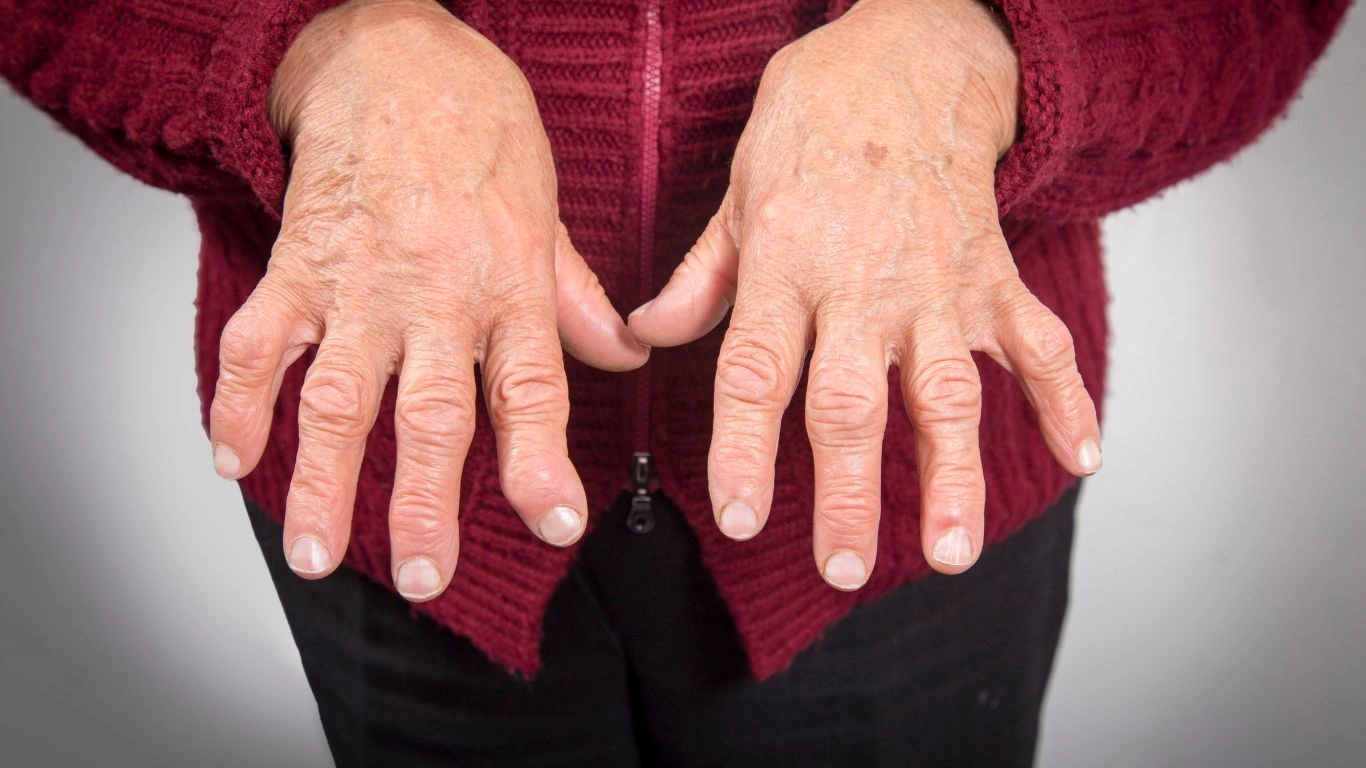
Problem 1: Low Energy and Motivation
Solution: Start small. Set tiny, achievable goals each day. Maybe it’s walking for five minutes or doing one simple stretch. These small wins can build momentum.
Problem 2: Joint Pain Stopping You From Moving
Solution: Low-impact activities like swimming, biking, or even using a recumbent bike can help build strength without putting too much strain on your joints.
Problem 3: Medication Side Effects (Muscle Weakness)
Solution: Talk to your doctor about adjusting your medications or trying alternative treatments. Sometimes, a small change can make a world of difference.
Real-Life Success Stories: It’s Possible to Regain Strength
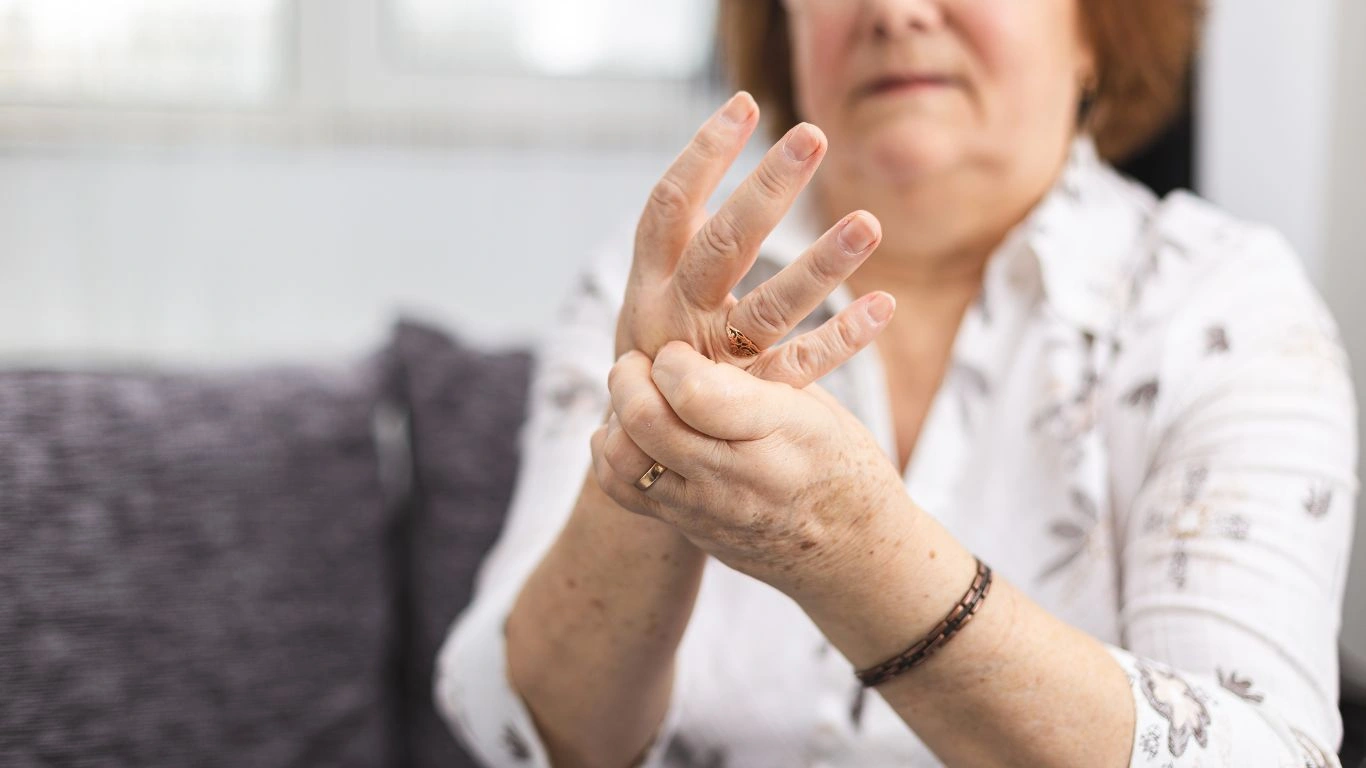
Client Testimonial: “I never thought I’d be able to walk without pain again, let alone get back into exercising. But after following the tips you shared and working with a physical therapist, I’m walking better and even doing light weights!” – Sarah, 43, RA Patient.
Remember: You don’t have to live with RA-induced muscle weakness forever. With the right strategies, you can regain your strength and enjoy a better quality of life. Don’t give up!
Call to Action: If you’re struggling with RA and muscle weakness, reach out to a healthcare provider or physical therapist today. There’s no reason you can’t start improving your strength now!

Tarra Nugroho is a dedicated Nurse Practitioner with a strong foundation in family and preventive care. She brings both compassion and clinical expertise to her practice, focusing on patient-centered care and health education. As a contributor to Healthusias.com, Tarra translates medical knowledge into clear, empowering articles on topics like women’s health, chronic disease management, and lifestyle medicine. Her mission is simple: help people feel seen, heard, and informed—both in the clinic and through the content she creates. When she’s not caring for patients, Tarra enjoys weekend hikes, plant-based cooking, and curling up with a good health podcast.

